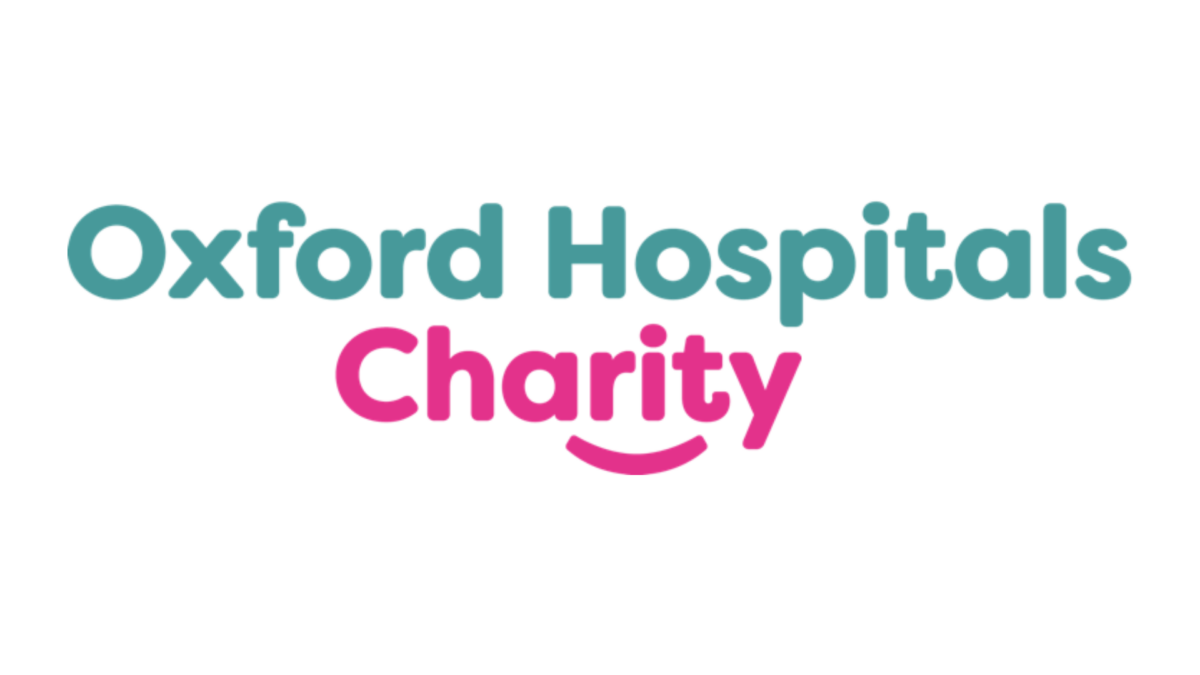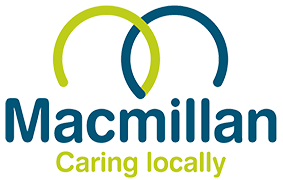Why a Vegan Cinema Ad Was Just Banned in the UK
What begins as a gentle lullaby ends in a scene straight out of a psychological thriller: a baby disappears from its crib. But this isn’t a horror film. It’s a 50-second advert from vegan charity Viva!, designed to expose the dairy industry—and now banned for being “irresponsible and distressing.”
This recent ruling by the UK’s Advertising Standards Authority (ASA) has ignited fresh debate about the ethics of charity advertising. When does emotional provocation serve a cause—and when does it go too far?
The Advert: “Scary Dairy”
In March 2025, UK cinema-goers encountered a short but chilling advert. A mother lays her baby in a cot. A lullaby plays. Then, a shadowy figure enters and removes the child. The screen fades to black. A bottle of milk slides across the now-empty crib. A voice says:
“You can’t keep your baby because we want your milk.”
The ad then cuts to footage of a calf separated from its mother. A final message appears:
“Dairy is Scary.”
ASA’s Verdict: Banned for Distress
The ASA received 25 complaints, including one from The Dairy Council of Northern Ireland. Their ruling? The ad was:
“Irresponsible, distressing and likely to cause widespread offence.”
They cited concerns for viewers who have experienced infant loss, trauma, or fertility struggles, arguing that the emotional shock wasn’t proportionate to the message being delivered.
While the ASA acknowledged that the ad made a legitimate ethical comparison, it concluded that the dramatisation—particularly the abduction of a human baby—crossed a line of acceptability.
Viva!’s Response: “This Is Censorship”
Viva!, a Bristol-based vegan charity known for bold campaigns, stood firmly by the advert. Founder Juliet Gellatley issued a strong response:
“This ruling is nothing short of censorship. The imagery was symbolic. We used no violence. The ASA has responded with emotion, not logic.”
Viva! argues that confronting audiences with uncomfortable truths is essential to inspiring change, particularly when it comes to animal agriculture. They accuse the ASA of applying inconsistent standards—approving glossy dairy industry ads while rejecting critical ones.
The Ethical Dilemma: How Far Is Too Far?
This incident raises a question every activist and charity communicator must confront:
Should emotional discomfort be off-limits in advocacy?
On one hand, charities have a duty to raise awareness about hidden suffering—especially when traditional media avoids these issues. On the other, the use of emotionally triggering metaphors—particularly involving babies and grief—risks alienating audiences or causing unintended trauma.
It’s a balancing act between shock and sensitivity, truth and tact.
A Pattern in Charity Censorship?
This isn’t Viva!’s first brush with controversy. A previous campaign depicting blood and offal in a yoghurt pot—part of a graphic anti-dairy series—was also banned by the ASA in 2023.
But they’re not alone. Other recent examples include:
- Oatly’s 2022 campaign being pulled for overstating environmental benefits.
- A Fern Brady comedy tour poster banned for upsetting Christians due to religious imagery.
These examples point to a tightening of UK advertising rules—especially around claims, faith, and emotional impact.
Our View: A Conversation Worth Having
At The Charity Champion, we understand that challenging the status quo often requires discomfort. But discomfort must be weighed carefully—especially when it invokes themes like infant loss or mental health.
This case presents a valuable discussion point for the entire sector:
- Can ethical campaigns be both powerful and respectful?
- Should trauma be off-limits—even in metaphor—if the goal is justice?
- Are charities being unfairly policed compared to commercial advertisers?
There are no easy answers—but there is an urgent need for transparency, consistency, and courage.
What Do You Think?
Was Viva!’s advert an overstep—or an urgent truth the public needed to see?
👉 Share your views on The Charity Champion Twitter
👉 Read the full ASA ruling here
For more insights into bold, ethical, and often uncomfortable advocacy, stay tuned to The Charity Champion—your home for truth-driven charity debate.
Published: 16 July 2025
Updated: 16 July 2025







